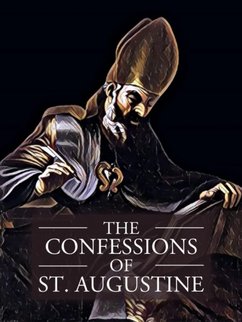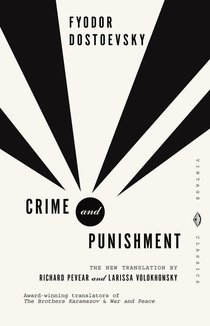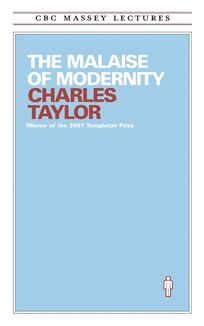Recommended Books

The Confessions of St. Augustine
Authors:
St. Augustine
,
Edward Bouverie Pusey
ISBN 13:
979-8838363985
Confessions (Latin: Confessiones) is the name of an autobiographical work, consisting of 13 books, by Saint Augustine of Hippo, written in Latin between 397 and 400 AD. The work outlines Saint Augustine's sinful youth and his conversion to Christianity. Modern English translations of it are sometimes published under the title The Confessions of Saint Augustine in order to distinguish the book from other books with similar titles. Its original title was Confessions in Thirteen Books, and it was composed to be read out loud with each book being a complete unit. Confessions is generally considered one of Augustine's most important texts. It is widely seen as the first Western Christian autobiography ever written (Ovid had invented the genre at the start of the first century AD with his Tristia), and was an influential model for Christian writers throughout the Middle Ages. Professor Henry Chadwick wrote that Confessions will "always rank among the great masterpieces of western literature."The work is not a complete autobiography, as it was written during Saint Augustine's early 40s and he lived long afterwards, producing another important work, The City of God. Nonetheless, it does provide an unbroken record of his development of thought and is the most complete record of any single person from the 4th and 5th centuries. It is a significant theological work, featuring spiritual meditations and insights. In the work, Augustine writes about how much he regrets having led a sinful and immoral life. He discusses his regrets for following the Manichaean religion and believing in astrology. He writes about his friend Nebridius's role in helping to persuade him that astrology was not only incorrect but evil, and Saint Ambrose's role in his conversion to Christianity. The first nine books are autobiographical and the last four are commentary and significantly more philosophical. He shows intense sorrow for his sexual sins and writes on the importance of sexual morality. The books were written as prayers to God, thus the title, based on the Psalms of David; and it begins with "For Thou hast made us for Thyself and our hearts are restless till they rest in Thee." The work is thought to be divisible into books which symbolize various aspects of the Trinity and trinitarian belief.

Crime and Punishment (Vintage Classics)
Authors:
Richard Pevear
,
Larissa Volokhonsky
,
Fyodor Dostoevsky
ISBN 13:
978-0679734505
Hailed by Washington Post Book World as “the best [translation] currently available" when it was first published, this second edition of Crime and Punishment has been updated in honor of the 200th anniversary of Dostoevsky’s birth. • ONE OF TIME MAGAZINE 'S 100 BEST MYSTERY AND THRILLER BOOKS OF ALL TIME With the same suppleness, energy, and range of voices that won their translation of The Brothers Karamazov the PEN/Book-of-the-Month Club Prize, Richard Pevear and Larissa Volokhonsky offer a brilliant translation of Crime and Punishment, Dostoevsky's astounding pyschological thriller, newly revised for his bicentenniel. In Crime and Punishment , when Raskolnikov, an impoverished student living in the St. Petersburg of the tsars, commits an act of murder and theft, he sets into motion a story that is almost unequalled in world literature for its excruciating suspense, its atmospheric vividness, and its depth of characterization and vision. Dostoevsky’s drama of sin, guilt, and redemption transforms the sordid story of an old woman’s murder into the nineteenth century’s profoundest and most compelling philosophical novel.

The Malaise of Modernity (Cbc Massey Lectures Series)
Author:
Charles Taylor
ISBN 13:
978-0887845208
In Malaise of Modernity , Charles Taylor focuses on the key modern concept of self-fulfillment, often attacked as the central support of what Christopher Lasch has called the culture of narcissism. To Taylor, self-fulfillment, although often expressed in self-centered ways, isn't necessarily a rejection of traditional values and social commitment; it also reflects something authentic and valuable in modern culture. Only by distinguishing what is good in this modern striving from what is socially and politically dangerous, Taylor says, can our age be made to deliver its promise.